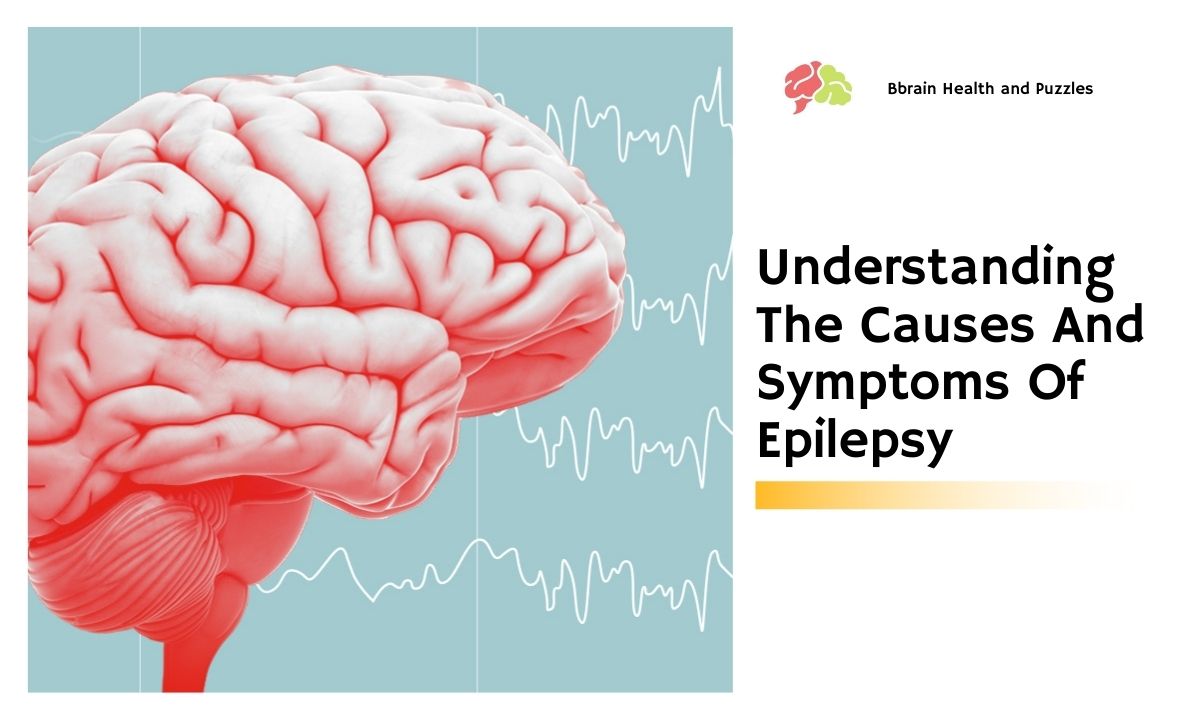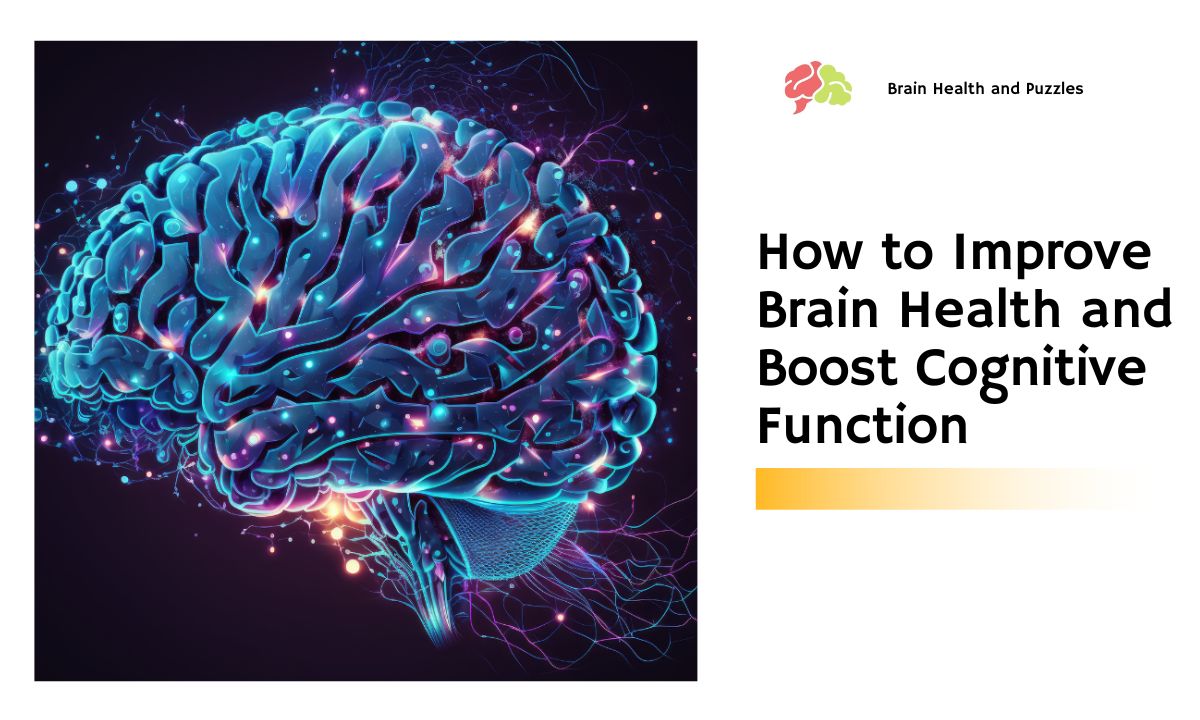Understanding The Causes And Symptoms Of Epilepsy

Epilepsy is diagnosed when someone suffers from two or more seizures that are not caused by something specific. The seizures may happen at any time and, although the patient does not suffer during these seizures, they can cause physical or mental pain in certain situations.
The Causes Of Epilepsy
 There are many factors that could cause this condition in people. These factors range from illnesses to abnormal development but they all have one thing in common – they affect the electrical activity within the brain.
There are many factors that could cause this condition in people. These factors range from illnesses to abnormal development but they all have one thing in common – they affect the electrical activity within the brain.
When this electrical activity is disrupted the brain is unable to function properly and the patient begins to seize.
Factors that trigger these seizures range from flashing lights, hyperventilation, lack of sleep, and fever. Certain kinds of medications can cause patients to seizure although this is rarely the reason they began seizing in the first place.
What Happens During A Seizure
During a seizure, the patient may lose consciousness. Once he or she wakes up from the seizure he or she might not even remember what has happened. The patient usually begins to move in odd ways and their limbs, head, and torso may begin to jerk.
The patient might begin to feel strange but this differs from person to person. When the patient wakes up they might feel dazed, tired, and weak from the episode and it might take them a while to recover from it.
Misfiring In The Brain
When the electrical signals in the brain begin to misfire the patient begins to experience a seizure. This misfiring creates communication problems between nerve cells and they are not able to function in the way that they should.
Partial And Generalized Seizures
When a patient begins to experience seizures they are usually divided into 2 categories: partial seizures and generalized seizures. Partial seizures occur when the brain’s electrical wiring begins misfiring in one area of the brain. This electrical problem does not move to the entire brain although it can move from place to place. The generalized seizures begin to occur when the brain’s wiring begins to misfire in all areas of the brain.
How Long Does A Seizure Last
The average seizure usually lasts for a few seconds up to a few minutes. People experience these seizures differently and while some people struggle to function properly others are up and running from the moment the seizure comes to an end. It is difficult to say exactly how long a seizure will last until a patient experiences one and the effects of the seizure on that particular patient can be noted.
Preventing Epilepsy
Epilepsy differs from many other illnesses because the causes of this disorder are not always clear. People who are trying to prevent this condition from occurring do not have many options open to them but they can ensure that their head is protected whenever they are in a situation where they might be injured. People who enjoy riding motorbikes or horses should make sure that they protect their brain from injury with the proper protective gear.



